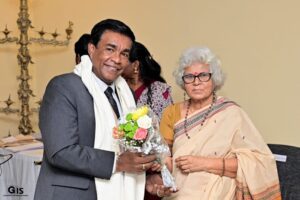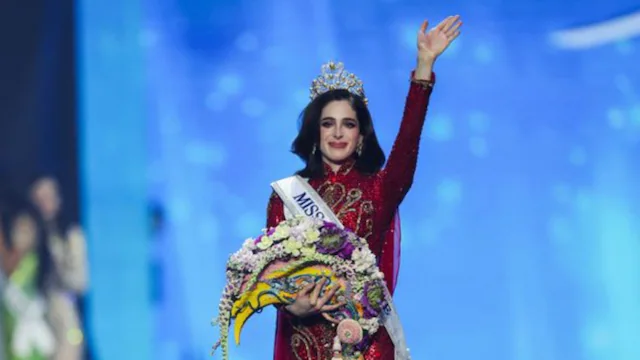In the context of the International Mother Language Day, observed on 21 February, a book, entitled ‘Geet Gawai- An ode to Geetharines of Mauritius’, and written by the President of the Bhojpuri Speaking Union, Dr Sarita Boodhoo, was launched, yesterday, in the presence of the President of the Republic of Mauritius, Mr Prithvirajsing Roopun, at the Indira Gandhi Centre for Indian Culture in Phoenix.

International Mother Language Day recognises that languages and multilingualism can advance inclusion, and the Sustainable Development Goals’ focus on leaving no one behind. It encourages and promotes multilingual education based on mother tongue or first language. The theme for this year is ‘Multilingual education – a necessity to transform education’.
The High Commissioner of India to Mauritius, Mrs K. Nandini Singla, and other personalities were present at the event, which was an initiative of the Bhojpuri Speaking Union.
In his address, President Roopun highlighted that the book was a well-researched and documented work on the Bhojpuri Geet brought in Mauritius by the forefathers, adding that it also comprised an impressive collection of knowledge on Bhojpuri folk songs. “The book,” he indicated, “is a tribute to tradition bearers and geetharines, who, despite all odds, have preserved and passed on, from generations to generations, their rich ancestral heritage.”
He spoke of the significant contribution by Dr Boodhoo who had strived to preserve the rich legacy associated to Bhojpuri language and give a new impetus for its promotion. He lauded her efforts in setting up the Bhojpuri institute, the Bhojpuri Speaking Union and the first Geet Gawai school. “To date,” he added, “there are more than 50 geet gawai schools that are operational across the island.”

According to the President, the Day was an opportunity to pay tribute to all pioneers and martyrs who had worked relentlessly to preserve their Mother Language.
For her part, the Indian High Commissioner dwelt on the roots of Bhojpuri language while highlighting that it was a language that originated from Bihar in India. She indicated that it was the first Indian Immigrants who came to work as indentured labourers in the sugarcane plantations that brought Bhojpuri and their cultural heritage to Mauritius.
“The Indian immigrants in Mauritius,” she added, “were the natural ambassadors of this culture and they possessed all the elements to recreate, on the Mauritian scene, the diversity of the cultural and linguistic aspects as represented in India.” On this note, she spoke of the inextricable link and the deep cultural connection shared by Mauritius and India.







